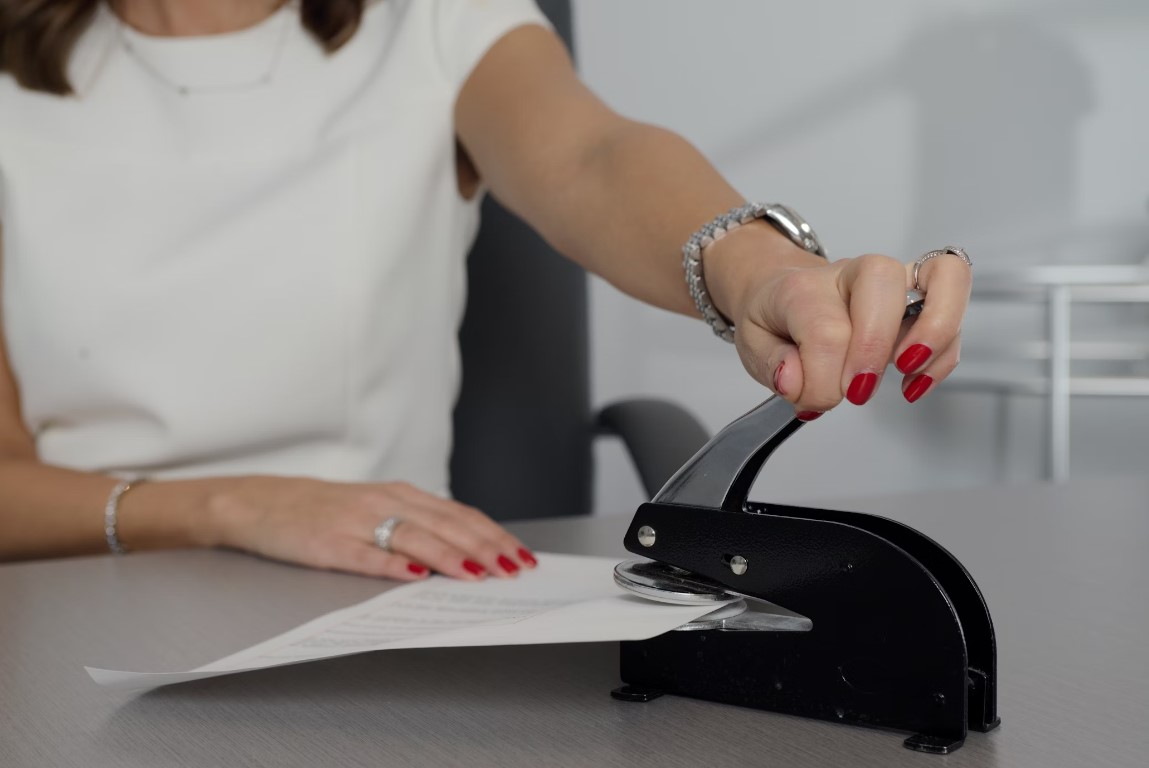
Deed of Confidentiality

A Deed of Confidentiality is required in Australia when one party is not providing any “consideration” to the other in return for the confidential information.
A good example is when you wish to choose a web developer, or a potential investor wishes to conduct due diligence in a business prior to investing any monies. In this way, they are not technically providing any monies or other consideration in return for the information. It is different to a Confidentiality Agreement in this way.
Need a deed of confidentiality drafted or reviewed?
Contact Progressive Legal for expert IP advice.
REQUEST OUR ADVICEA Deed of Confidentiality needs to be drafted carefully to ensure that all the different types of confidential information are covered, that the purpose of the disclosure is clearly defined but at the same time broad enough to cover the circumstances, as well as many other clauses that deal with consequences of disclosure, indemnities, termination, ongoing obligations, whether they can disclose to anyone in their organisation and to whom they can etc, with or without permission sought.
There are quite a few items to consider to make sure that your legal rights are protected in the event of any disclosure by them.
If you hold confidential information and you wish to disclose that information to someone else (not required by Law), then you should be very careful to ensure you take adequate steps to protect that confidential information.
At Progressive Legal, we’re experts in Intellectual Property protection. Get in touch with us today and let us know if you need any assistance or advice in this area.
Need a deed of confidentiality drafted or reviewed?
Contact us by giving us a call on 1800 820 083 or request our advice today.
REQUEST OUR ADVICENeed Intellectual Property Advice?
Please get in touch with us today via phone or the contact form on this page.



